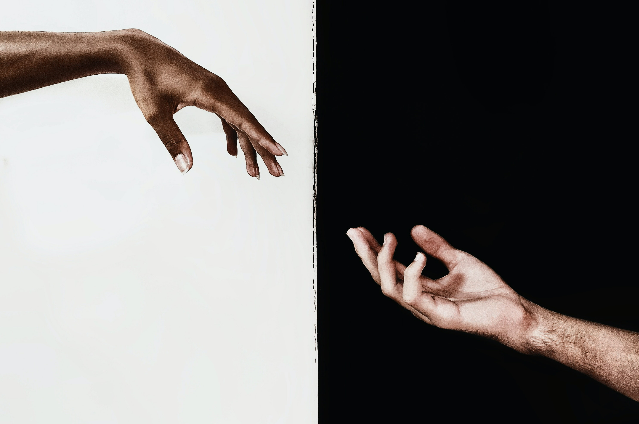
The Karnataka State Government has announced Vinaya Samarasya Yojna, an awareness programme meant to eradicate untouchability across the State. The scheme has been named after a three-year-old Dalit Vinay, whose family residents of Miyapur village in Koppal district were slapped a fine of Rs. 25,000 by the village leaders in September 2021 just on the pretext of straying into a local temple which they considered as an offence.
The scheme has already been launched this year on the occasion of Ambedkar Jayanti. The priests told that the Vinaya Samarasya Yojna has been named after the Dalit boy Vinay. The scheme has been included in the budget scheme for 2022-2023 with an objective to eradicate untouchablilty in the state.
The plight of the Vinay family seems to be much more devastating as since the reports of the imposition of fine have come on headlines, the local leaders have announced a social boycott of the victim Dalit family. Furthermore, the family was forced to escape from the village, leaving behind their house and agricultural land.
Vinay's father remarked amidst all this that naming a government programme after my son will not change anything but this evil practice ( untouchability ) must be eradicated. He further added that the introduction of the scheme and the issue going on in headlines has made the situations from bad to worse in our family. We feel abandoned in the same village. Anything bad happening in the village is attributed to our cause and even we cannot seek an emergency help in the most tough times. He added that to avoid the worsening circumstances, they finally decided to leave the village.
If law was properly implemented, the situations would have been different. Moved by the practicality of the situation, we can conclude that to some extent the family decision was right. But laws mean the same for everyone and lawfully the family had the right to stay back but it was only the situations that made matters worse. Hence, let not the situations bring you down on your knees rather face it all boldly.
In Karnataka, the conviction rate in the cases of atrocities done against the Scheduled Tribes ( STs ) and Scheduled Castes ( SCs ) stands at only 7% , out of 23,095 cases that have been registered.
Caste is an institute uniquely linked with the Indian subcontinent. It is a characteristic of Hindu society. Caste is never a matter of choice but is determined by birth. Castes are arranged in a hierarchy of rank and status. The occupational divisions of caste must not divide the society and break into fragments. The colonial administration in India also took some interest to ameliorate the struggles of the Backward Classes.
Greater socialistation, literacy patterns and impact of Westernization can serve as a larger drive to bring a reform required in that direction. The constitutional provisions present in India are always there to safeguard the rights and privileges of the backward classes.
Yojnas like Vinay Samarasya Yojna are many and have been coming or being updated with time but the results are not good enough. Why so? It's actually because unless we are going to bring a change on our perspectives, no power in the universe can move us. In the words of BR Ambedkar,
'Caste is a state of mind. It is a disease of mind. The teachings of the Hindu religion are the root cause of this disease. We practice casteism and we observe untouchability because we are enjoined to do so by the Hindu religion. A bitter thing cannot be made sweet. The taste of anything can be changed. But poison cannot be changed into nectar.'
. . .
References:
